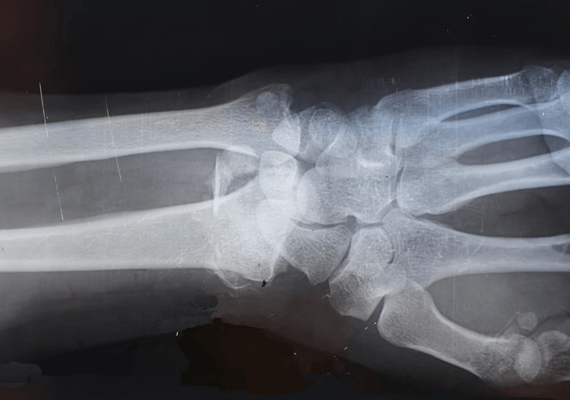Diabetes Specialist
Corpus Family Practice
Regardless of the type, DM is a serious health condition and a risk factor for several other diseases, especially those that affect the heart and blood vessels, and nerves.
Diabetes
What is Diabetes
Diabetes mellitus (DM) is a disease that affects how our body uses blood sugar. Glucose is a source of the energy of the cell. In case our cells have a problem with utilizing glucose, DM occurs. This can happen for two reasons: due to a lack of insulin, a hormone that pushes glucose into cells, or cells' resistance to insulin. There are 2 types of DM, type I – insulin-dependent and type II – insulin-independent. Regardless of the type, DM is a serious health condition and a risk factor for several other diseases, especially those that affect the heart and blood vessels, and nerves.
What are the risk factors for Diabetes Mellitus?
- Family history of DM
- Obesity
- Physical inactivity
- Early age for DM I and older for DM II
- High blood pressure
- Autoimmune diseases
Symptoms of Diabetes Mellitus
Symptoms of DM vary depending on how high is the blood sugar. Some of the signs and symptoms of type 1 diabetes and type 2 diabetes are:
- Increased thirst
- Frequent urination
- Extreme hunger
- Unexplained weight loss
- Fatigue
- Irritability
- Blurred vision
- Slow-healing sores and wounds
- Frequent infections, such as gums or skin infections and vaginal infections
Although both types of DM can develop at any age, usually DM I develops during childhood or adolescence, while DM type II is more frequent in people over 40.
How is Diabetes Mellitus diagnosed?
- Random blood sugar test – blood sugar at any time higher than 11.1 mmol/l suggest DM
- Fasting blood sugar test – in case you have fasting blood sugar higher than 7mmol/l measured in 2 in consecutive days this is suggested of DM.
- Oral glucose tolerance test - For this test, you should fast overnight, and the fasting blood sugar level is measured. Then you drink a sugary liquid, and blood sugar levels are measured after 2 hours. Blood sugar higher than 11.1mmol/l means diagnosis of DM.
Treatment of Diabetes Mellitus
Depending on what type of diabetes you have, blood sugar monitoring, insulin, and oral medications may play a role in your treatment. Eating a healthy diet, maintaining a healthy weight and regular activity also are extremely important factors in managing diabetes. In case your blood sugar is not very high, non-medication treatment is the first line. These measures significantly slow the progression of DM and the occurrence of complications such as heart attack, stroke, neuropathy, kidney disease.
Never disregard medical or professional advice, or delay seeking it, because of something you read on this website or a linked website. Never rely on information on this website in place of seeking professional medical advice.






